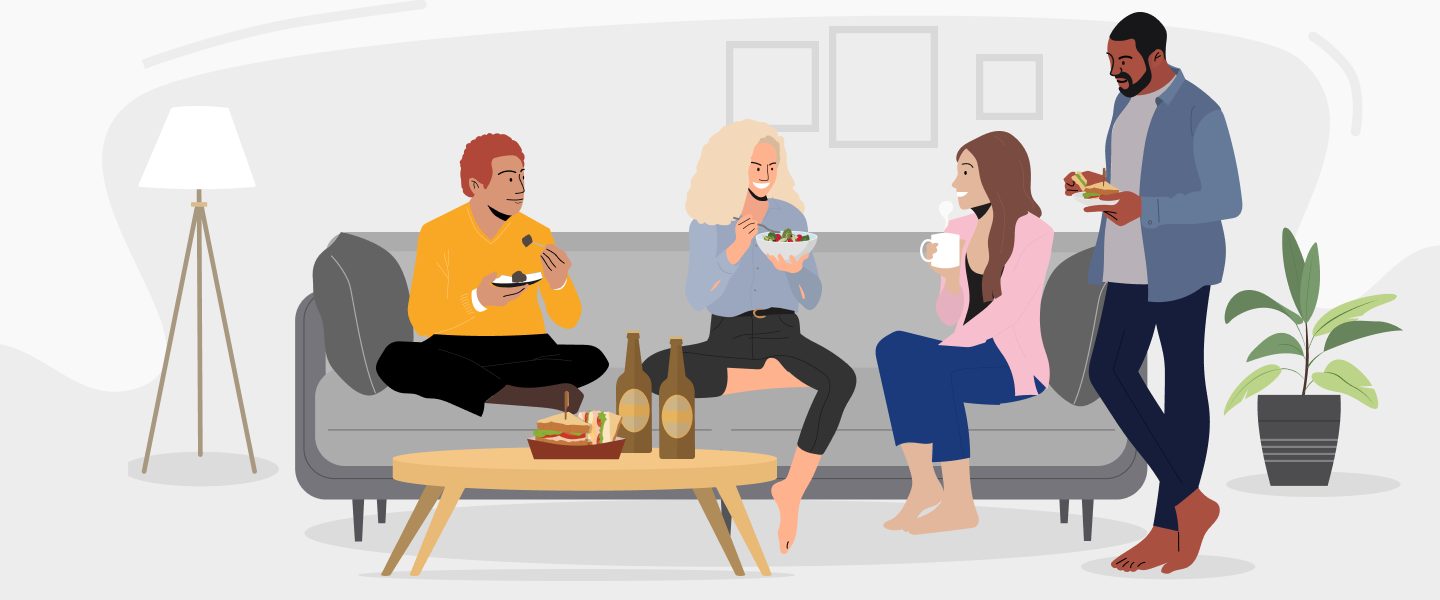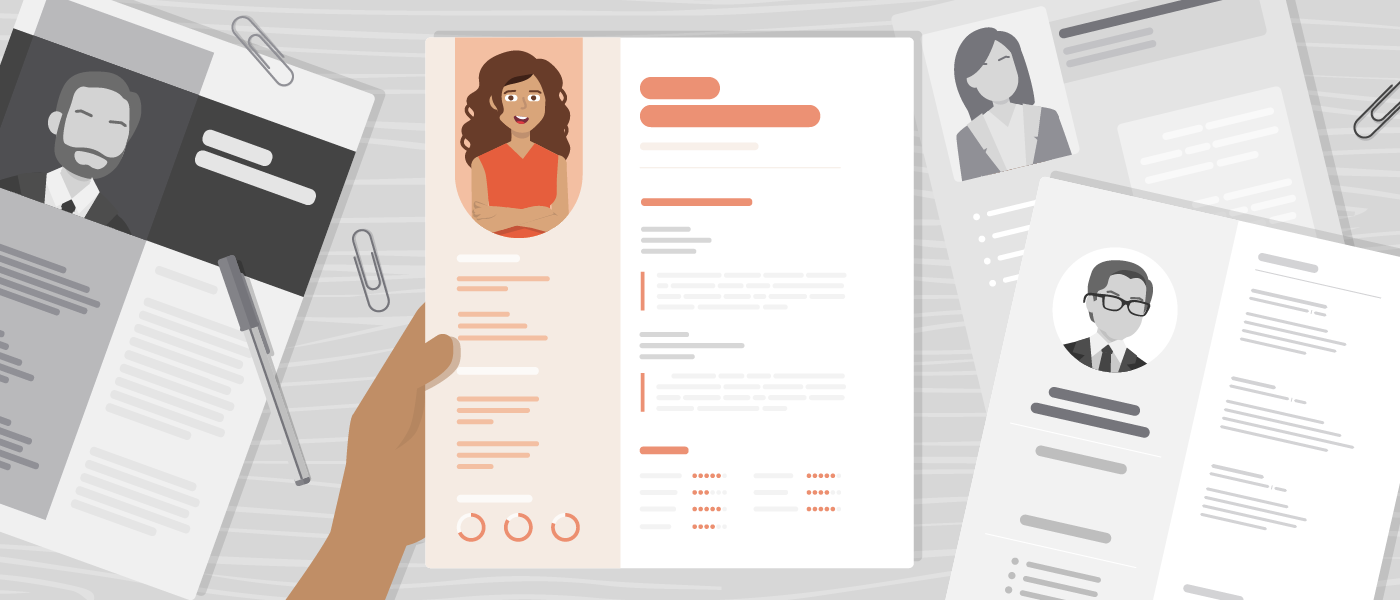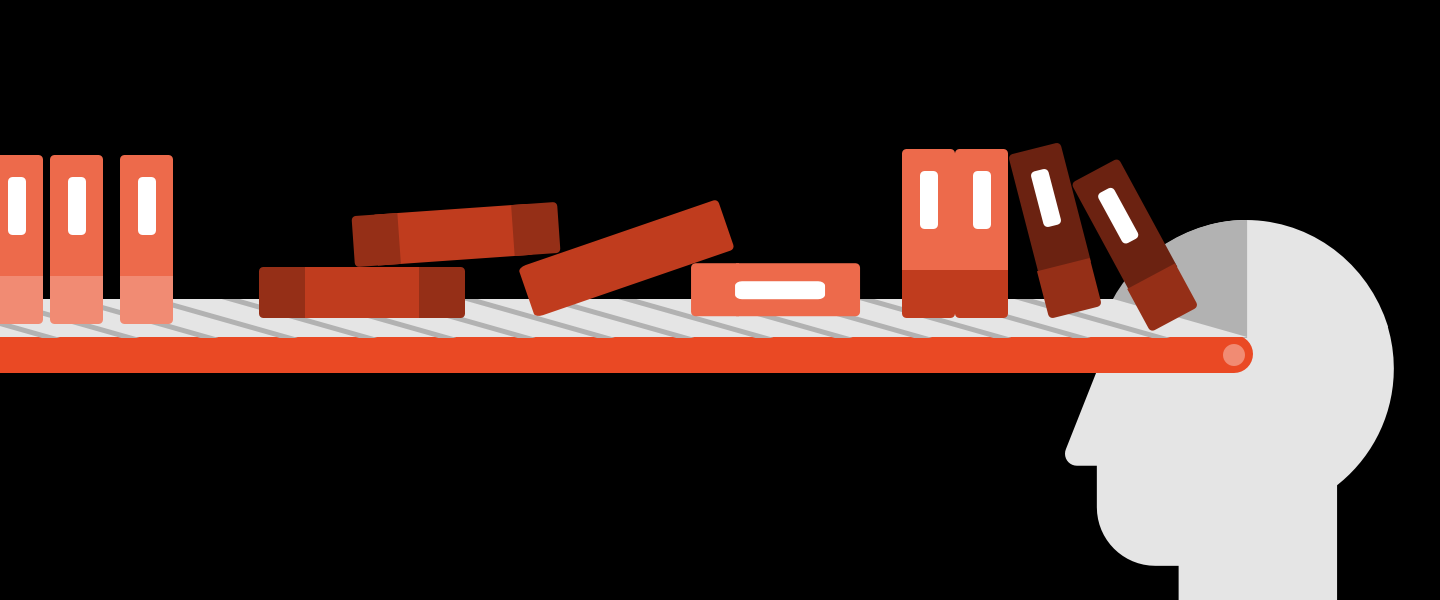Law School Success
Torts Quick Tip: Premises Liability to Invitees and Licensees

Virtually every law student knows the general elements of a negligence claim: an actor must owe a victim a duty to conform to a particular standard of care, breach that duty, and so doing, actually and proximately cause the victim harm.
Many special rules apply in articulating the existence and scope of a land possessor’s duty to occupants on the premises—“premises liability,” for ease of reference. Premises liability is a favorite topic among both torts professors and bar examiners, so it’s vital to familiarize yourself with premises liability.
Torts professors and bar examiners tend to focus on the traditional, common-law rules of premises liability, so we’ll do likewise in this article. Under the traditional rules, a possessor’s duty turns on the particular classification of the occupant. The traditional rules, in turn, divide occupants into these categories:
Many special rules apply in articulating the existence and scope of a land possessor’s duty to occupants on the premises—“premises liability,” for ease of reference. Premises liability is a favorite topic among both torts professors and bar examiners, so it’s vital to familiarize yourself with premises liability.
Torts professors and bar examiners tend to focus on the traditional, common-law rules of premises liability, so we’ll do likewise in this article. Under the traditional rules, a possessor’s duty turns on the particular classification of the occupant. The traditional rules, in turn, divide occupants into these categories:
- invitees,
- licensees,
- undiscovered trespassers,
- anticipated trespassers,
- known trespassers, and
- child trespassers.
This post focuses on the rules concerning invitees and licensees. Another post deals with the 4 subcategories of trespassers.
Invitees
The common law divides invitees into 2 subcategories: business invitees and public invitees. A victim may fall under either or both headings at any given time; though if she falls under just one heading, she is an invitee, and the possessor owes her the same duty of care.
Business invitees
A business invitee is on the premises (1) with the possessor’s express or implied permission and (2) in connection with business dealings for the possessor’s benefit. A classic example is that of a homeowner calling an exterminator to perform fumigation or similar work. The exterminator is an invitee so long as he remains in those areas of the premises that are reasonably related to the work the homeowner hired him to do. But if the exterminator wanders into another area that’s not reasonably related to his work or where the homeowner wouldn’t expect him to be, or perhaps stays longer than is reasonably necessary for him to finish his work, he becomes a licensee or trespasser.
Public invitees
Someone on premises open to the public is a public invitee, but only if she’s there for reasons directly or indirectly related to the purpose for which the premises are held open to the public. It doesn’t matter whether the invitee pays anything at all. It’s also irrelevant whether the purpose for which the premises are held publicly open is a business purpose or some other purpose. Examples of public invitees include shoppers at grocery stores or patrons using the services at a free public library. Once again, though, if the invitee stays past closing time or goes where she’s not supposed to, she may become a licensee or trespasser.
Possessor’s duty to invitees
If an invitee is on the premises, the possessor must conduct all activities on the premises (e.g., cleaning, maintenance, recreation) with reasonable care under the circumstances. That is, the possessor must avoid creating an unreasonable risk of harm to the invitee, at least insofar as the possessor should expect that invitees won’t realize the danger or guard against it.
Additionally, a possessor owes invitees a duty regarding dangerous natural and artificial conditions on the premises. In particular, the possessor owes a duty: (1) to reasonably inspect the property to detect unreasonably hazardous natural or artificial conditions and (2) if the possessor knows of a hazardous condition or would know of the condition upon conducting a reasonable inspection and knows or should know that the invitee has no reason to know of the condition and the risk it poses, to take reasonable steps to remedy the condition or warn the invitee about the condition and the risk.
Finally, except in fairly rare instances, a possessor owes an invitee no duty regarding open and obvious dangers.
Additionally, a possessor owes invitees a duty regarding dangerous natural and artificial conditions on the premises. In particular, the possessor owes a duty: (1) to reasonably inspect the property to detect unreasonably hazardous natural or artificial conditions and (2) if the possessor knows of a hazardous condition or would know of the condition upon conducting a reasonable inspection and knows or should know that the invitee has no reason to know of the condition and the risk it poses, to take reasonable steps to remedy the condition or warn the invitee about the condition and the risk.
Finally, except in fairly rare instances, a possessor owes an invitee no duty regarding open and obvious dangers.
Licensees
An occupant is a licensee in one of 2 instances. First, the occupant is on the premises via the possessor’s gratuitous consent, a social guest being the archetypal example. Second, the occupant has some overriding legal privilege to be on the premises, for instance, a public safety officer, such as a firefighter or police officer, responding to an emergency, or someone with a defense of public or private necessity.
As with an invitee, a licensee may become a trespasser by (1) exceeding the scope of the possessor’s consent, as by entering a part of the property where she has no reason to believe she is permitted to be—even accidentally or inadvertently—or (2) exceeding the scope of any overriding privilege to be there.
As with an invitee, a licensee may become a trespasser by (1) exceeding the scope of the possessor’s consent, as by entering a part of the property where she has no reason to believe she is permitted to be—even accidentally or inadvertently—or (2) exceeding the scope of any overriding privilege to be there.
Possessor’s duty to licensees
As with invitees, the possessor owes licensees a duty of care with respect to (1) the possessor’s activities on the land and (2) hazardous conditions on the land.
Duty to licensees regarding activities on the land
The possessor must conduct all activities on the premises with reasonable care under the circumstances to avoid creating an unreasonable risk of harm to the licensee, at least insofar as (1) the possessor should expect that the licensee will not discover or realize the danger and (2) the licensee does not know or have reason to know of the possessor’s activities or the associated risk.
Duty to licensee regarding conditions on the premises
A possessor normally owes a licensee no duty to inspect the premises for dangerous conditions.
However, a duty arises if the possessor actually knows of a hazardous natural or artificial condition on the property, and the possessor knows or has reason to know that the licensee is unaware (or has no reason to be aware) of the condition and the risk it poses. Here, the possessor must either warn the licensee about the condition or make it safe.
As with invitees, except in fairly limited circumstances, a possessor generally has no duty to warn about or to remedy open and obvious conditions that a licensee could reasonably be expected to notice.
Quimbee has your back in law school and beyond. Expert-written case briefs, outlines, and a practice-oriented bar review course give you the edge you’ll need to ace law school finals and conquer the bar exam.
However, a duty arises if the possessor actually knows of a hazardous natural or artificial condition on the property, and the possessor knows or has reason to know that the licensee is unaware (or has no reason to be aware) of the condition and the risk it poses. Here, the possessor must either warn the licensee about the condition or make it safe.
As with invitees, except in fairly limited circumstances, a possessor generally has no duty to warn about or to remedy open and obvious conditions that a licensee could reasonably be expected to notice.
Quimbee has your back in law school and beyond. Expert-written case briefs, outlines, and a practice-oriented bar review course give you the edge you’ll need to ace law school finals and conquer the bar exam.







